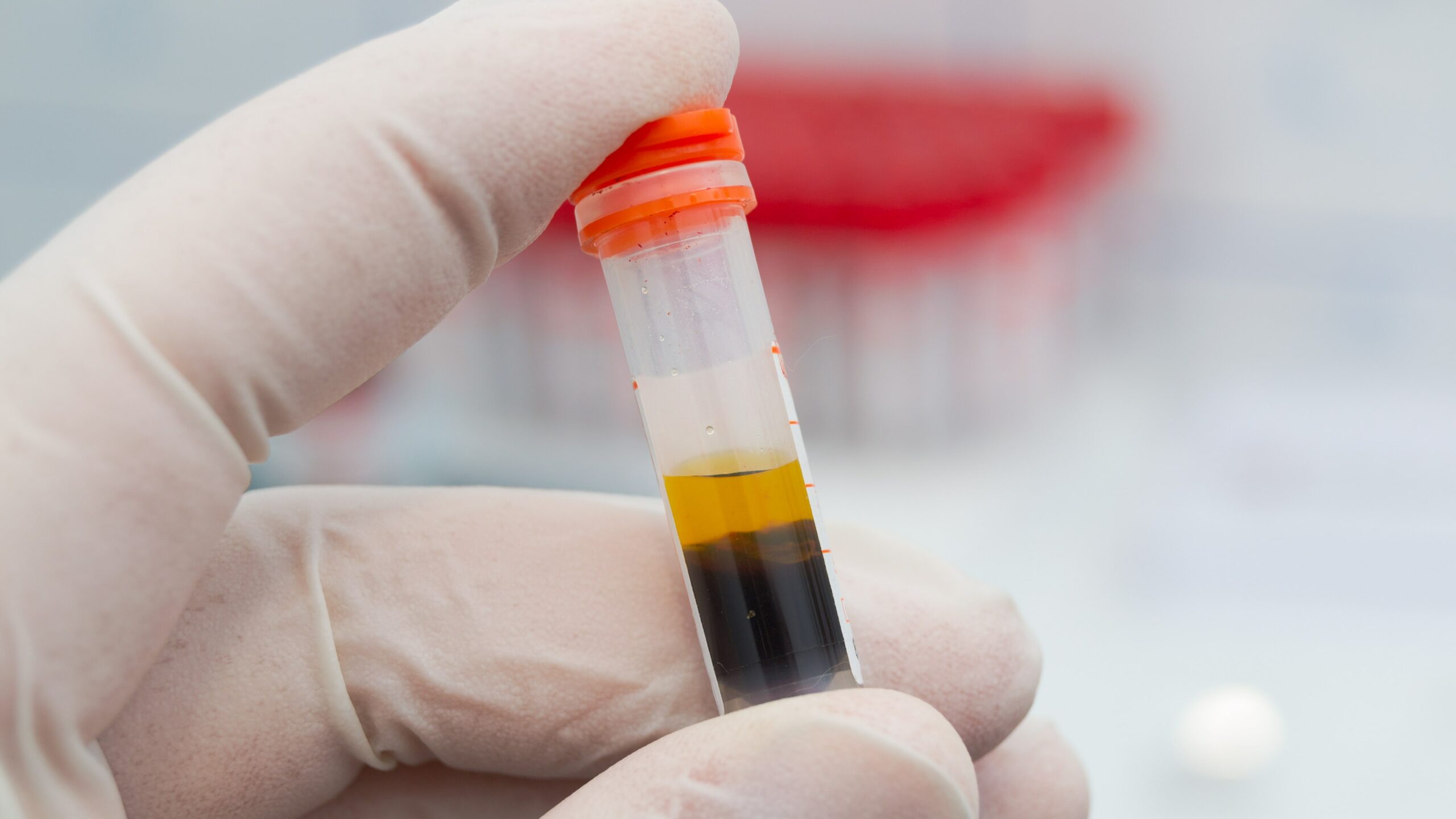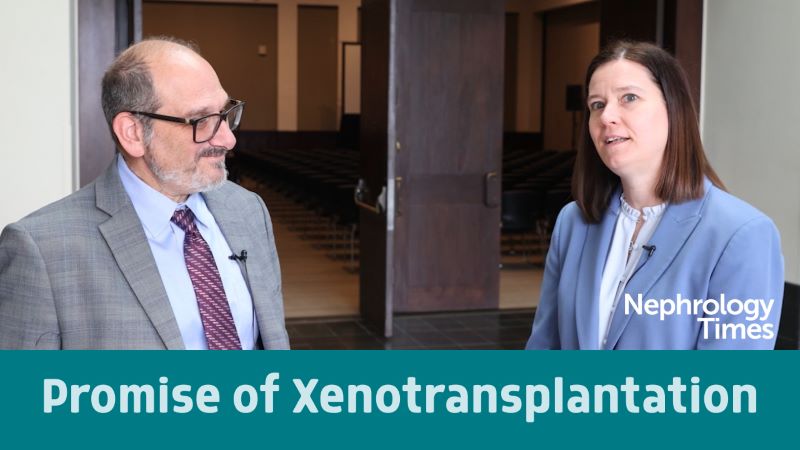
Decisions regarding eligibility for kidney transplantation may include concerns related to age among elderly candidates. The Edward Hines Jr. Veterans Administration (VA) transplant center (Hines, Illinois) is one of several transplant centers serving veterans across the United States.
During a poster session at the American Transplant Congress 2023, M. Samra and colleagues reported results of an analysis of outcomes of kidney transplants at the center among veterans ≥65 years of age. The poster was titled Kidney Transplant Outcomes in an Elderly Veteran Population.
A retrospective chart review was used to collect data for the analysis. Description statistics for patients 65 years and older who received a transplant between November 2020 and June 2022 were reported. Follow-up outcomes through November 2022 were included.
A total of 65 kidney transplants were performed during the study period. Of those, 31 met inclusion criteria for the current analysis. Mean age of the analysis cohort was 70 years, all were male, and 65% (n=20) were Black. Ninety percent (n=28) were receiving maintenance hemodialysis prior to transplant, with a mean dialysis vintage of 4 years.
One of the 31 patients received a living donor transplant. Nearly half of the donors for the remaining patients had a history of hepatitis B or C nucleic acid testing positivity (45%; 1 B+, 11 C+, and 2 both B+ and C+). Median Kidney Donor Profile Index (KDPI) was 55%. There was no reported antibody-mediated rejection or acute cellular rejection.
Nineteen percent (n=6) had cytomegalovirus (CMV) viremia, defined as polymerase chain reaction >200 units/mL at any time in the posttransplant study period. The incidence of BK viremia was 10% (n=3) during the study period. Seven patients (23%) experienced delayed graft function. The 30-day all-cause rehospitalization rate was 42% (n=13). At 1 year after transplant, patient and graft survival was 100%.
In summary, the authors said, “The data illustrate that patients over the age of 65 can be safely transplanted and have good graft and patient survival as observed in this veteran cohort. They were found to have higher rates of 30-day all-cause rehospitalization at 42%, but comparable rates of CMV and BK viremia incidence. It is important to note the utilization of higher KDPI donor kidneys as well as hepatitis C and B kidneys known as marginal kidneys, resulting in excellent outcomes.”
Source: Samra S, Joyce C, Thorndyke AS, et al. Kidney transplant outcomes in an elderly veteran population. Poster D179. Abstract of a poster presented at the American Transplant Congress 2023; June 3-7, 2023; San Diego, California.






 © 2025 Mashup Media, LLC, a Formedics Property. All Rights Reserved.
© 2025 Mashup Media, LLC, a Formedics Property. All Rights Reserved.